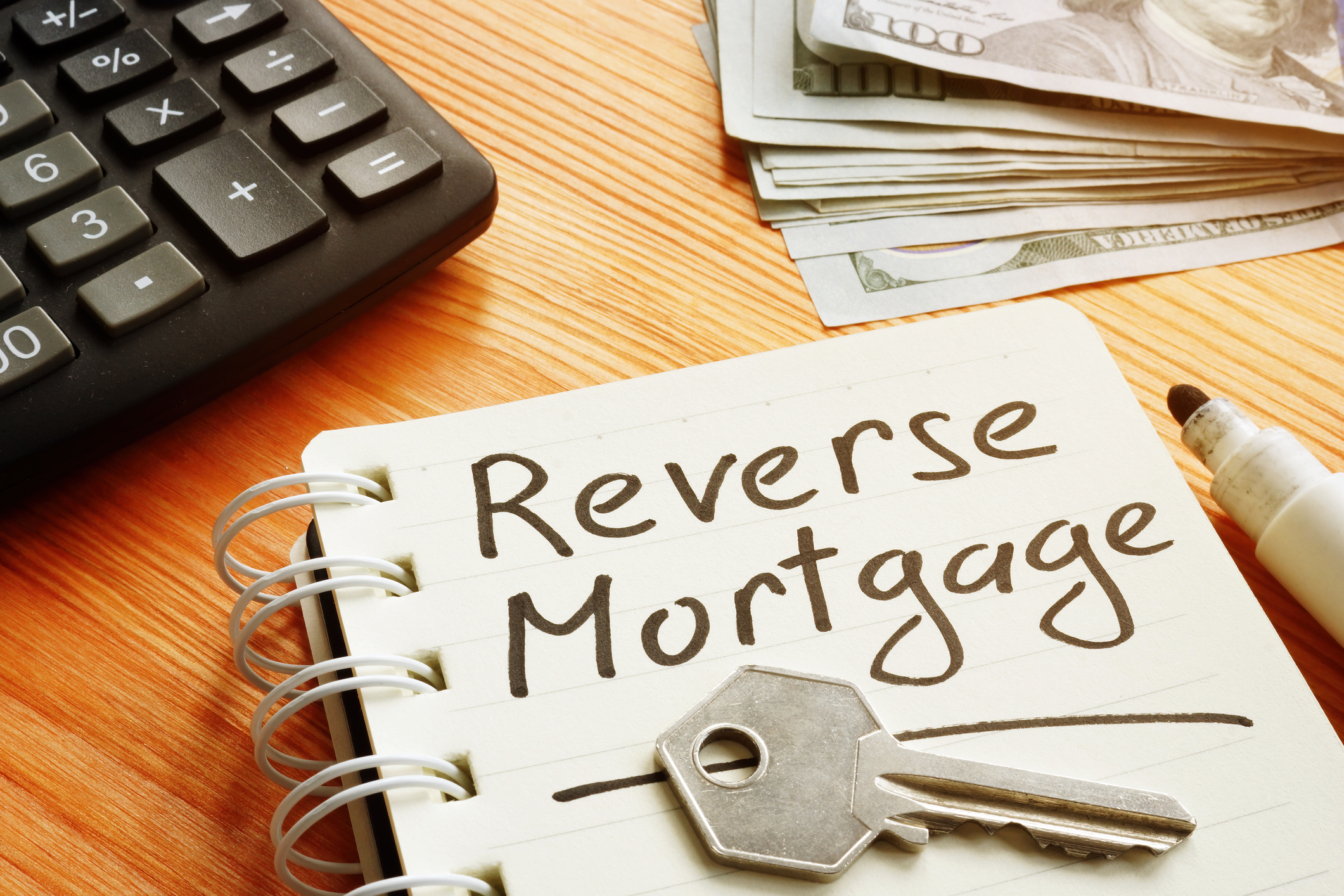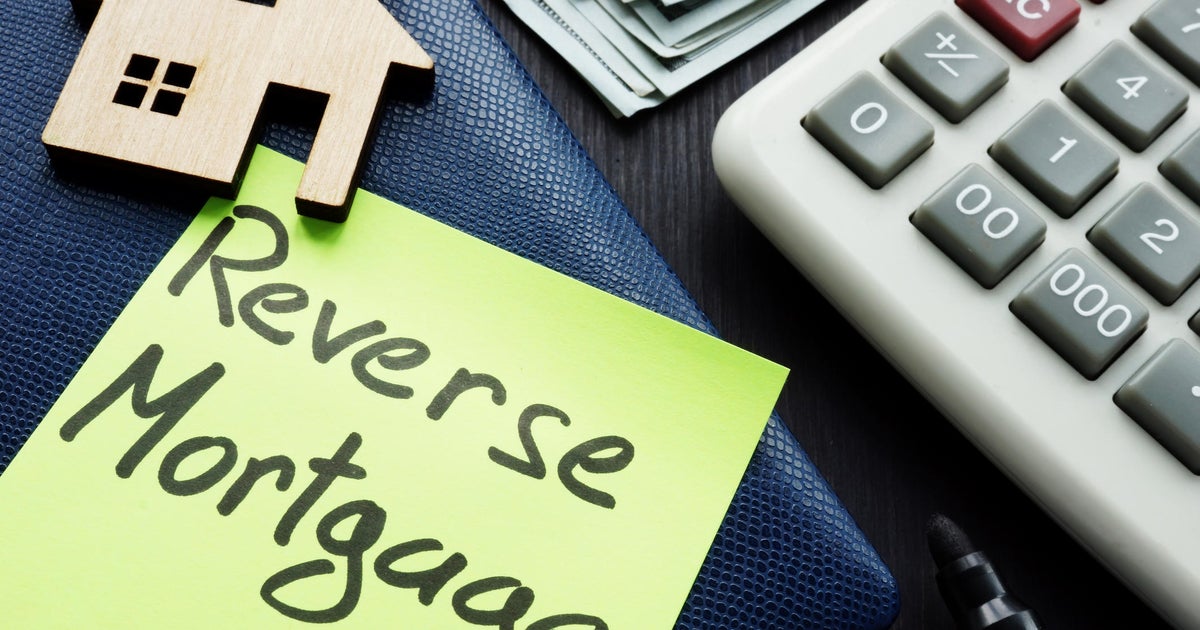Steps to Successfully Purchase Reverse Mortgage for Your Property
Steps to Successfully Purchase Reverse Mortgage for Your Property
Blog Article
Empower Your Retirement: The Smart Method to Acquisition a Reverse Home Loan
As retired life strategies, many people seek efficient strategies to enhance their monetary self-reliance and well-being. Amongst these techniques, a reverse mortgage emerges as a practical option for property owners aged 62 and older, allowing them to tap into their home equity without the necessity of monthly settlements. While this monetary tool offers a number of advantages, consisting of enhanced capital and the prospective to cover vital expenditures, it is vital to recognize the ins and outs of the application process and key considerations involved. The next actions may disclose just how you can make an educated choice that might considerably affect your retirement years.
Recognizing Reverse Home Mortgages
Comprehending reverse home mortgages can be crucial for house owners looking for financial flexibility in retired life. A reverse home loan is a monetary item that permits eligible home owners, normally aged 62 and older, to convert a portion of their home equity into cash. Unlike typical home mortgages, where borrowers make regular monthly settlements to a loan provider, reverse mortgages make it possible for home owners to obtain repayments or a lump sum while retaining possession of their building.
The amount available with a reverse home loan depends on several elements, including the homeowner's age, the home's worth, and current interest rates. Importantly, the financing does not need to be paid back till the property owner sells the home, vacates, or dies.
It is crucial for possible debtors to comprehend the implications of this economic product, including the effect on estate inheritance, tax factors to consider, and continuous responsibilities associated with building maintenance, taxes, and insurance coverage. Additionally, counseling sessions with accredited professionals are often called for to make sure that consumers fully comprehend the terms and conditions of the car loan. In general, an extensive understanding of reverse home mortgages can empower house owners to make informed choices concerning their financial future in retirement.
Advantages of a Reverse Home Loan
A reverse home loan uses a number of engaging advantages for eligible house owners, especially those in retirement. This financial tool allows senior citizens to convert a portion of their home equity into cash money, providing vital funds without the demand for month-to-month mortgage settlements. The cash gotten can be made use of for different objectives, such as covering medical expenditures, making home enhancements, or supplementing retirement income, therefore improving overall economic versatility.
One substantial benefit of a reverse home mortgage is that it does not need payment until the property owner vacates, markets the home, or dies - purchase reverse mortgage. This feature enables retirees to keep their way of life and meet unexpected prices without the worry of month-to-month repayments. Furthermore, the funds received are usually tax-free, permitting home owners to use their cash without concern of tax obligation ramifications
Additionally, a reverse home mortgage can supply satisfaction, understanding that it can function as a monetary safety net throughout difficult times. Property owners also maintain ownership of their homes, ensuring they can continue living in an acquainted setting. Ultimately, a reverse home mortgage can be a calculated funds, empowering senior citizens to handle their finances effectively while enjoying their gold years.
The Application Process
Browsing the application procedure for a reverse home loan is an important step for homeowners considering this monetary option. The first stage entails reviewing qualification, which commonly calls for the homeowner to be at least 62 years old, own the building outright or have a reduced home mortgage equilibrium, and inhabit the home as their main home.
Once qualification is confirmed, homeowners must undertake a counseling session with a HUD-approved counselor. This session makes sure that they completely understand This Site the ramifications of a reverse mortgage, including the duties involved. purchase reverse mortgage. After completing therapy, candidates can proceed to gather required paperwork, including proof of income, assets, and the home's value
The following action involves sending an application to a loan provider, who will evaluate the monetary and residential or commercial property qualifications. An appraisal of the home will also be performed to identify its market price. If approved, the loan provider will present loan terms, which must be reviewed carefully.
Upon acceptance, the closing process adheres to, where last documents are authorized, and funds are disbursed. Comprehending each stage of this application procedure can dramatically boost the homeowner's self-confidence and decision-making regarding reverse mortgages.

Key Factors To Consider Before Acquiring
Purchasing a reverse home mortgage is a considerable financial choice that requires mindful factor to consider of numerous vital elements. First, comprehending your eligibility is essential. Property owners should be at least 62 years old, and the home needs to be their main home. Assessing your monetary needs and goals is similarly vital; establish whether a reverse home loan aligns with your long-lasting plans.

A reverse home mortgage can affect your eligibility for particular federal government advantages, such as Medicaid. By extensively evaluating these factors to consider, you can make a more educated decision about whether a reverse home loan is the appropriate financial approach for your retirement.
Making the Many of Your Funds
When you have secured a reverse home loan, efficiently managing the funds becomes a priority. The versatility of a reverse home mortgage allows property owners to utilize the Check This Out funds in numerous methods, yet critical preparation is important to optimize their advantages.
One vital approach is to create a spending plan that describes your economic objectives and regular monthly costs. By recognizing essential expenditures such as healthcare, residential property tax obligations, and home upkeep, you can allot funds appropriately to make sure long-term sustainability. In addition, think about utilizing a section of the funds for investments that can generate revenue or appreciate gradually, such as shared funds or dividend-paying supplies.
Another essential element is to maintain a reserve. Setting apart a reserve from your reverse home mortgage can aid cover unforeseen prices, offering comfort and financial security. Furthermore, seek advice from a financial advisor to explore possible tax ramifications and exactly how to integrate reverse home loan funds into your general retirement technique.
Ultimately, prudent management of reverse home loan funds can improve your monetary security, allowing you to appreciate your retired life years without the stress of monetary unpredictability. Careful planning and notified decision-making will guarantee that your funds work successfully for you.
Final Thought
In verdict, a reverse mortgage provides a practical economic approach for senior citizens looking for to improve their retired life experience. By transforming read here home equity into available funds, individuals can attend to necessary costs and safe and secure added monetary resources without incurring monthly payments. Nonetheless, cautious factor to consider of the linked ramifications and terms is important to take full advantage of benefits. Inevitably, leveraging this monetary tool can help with higher independence and boost total top quality of life during retirement years.
Understanding reverse home mortgages can be crucial for house owners seeking financial flexibility in retired life. A reverse home mortgage is a financial product that enables eligible home owners, normally aged 62 and older, to transform a part of their home equity right into cash money. Unlike typical home mortgages, where borrowers make monthly settlements to a loan provider, reverse mortgages make it possible for home owners to get repayments or a swelling amount while maintaining ownership of their property.
Overall, a detailed understanding of reverse mortgages can equip house owners to make educated decisions regarding their economic future in retirement.
Consult with a monetary expert to check out feasible tax implications and exactly how to integrate reverse home loan funds into your general retirement method.
Report this page